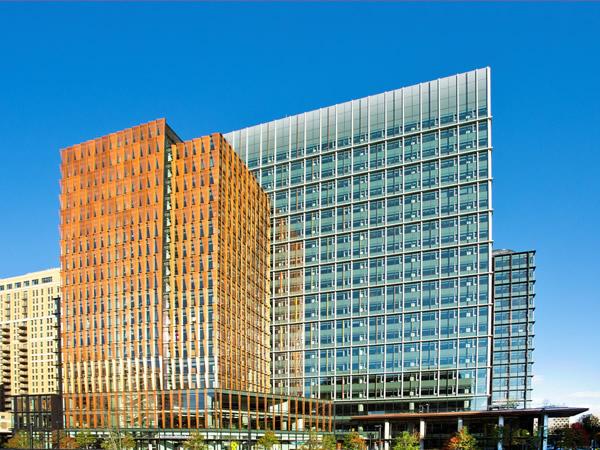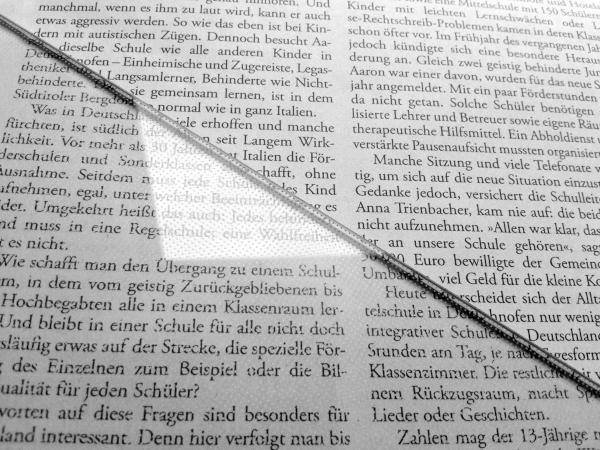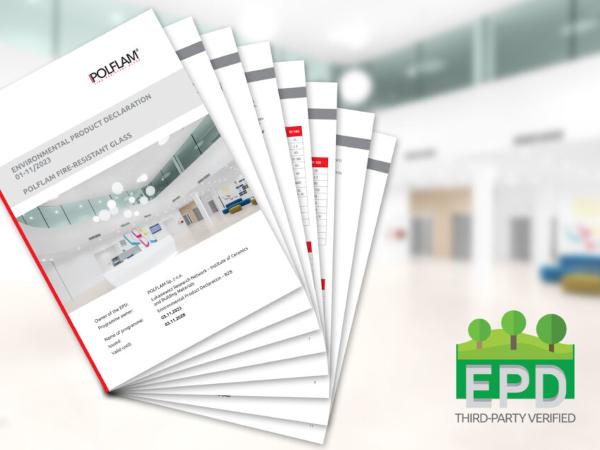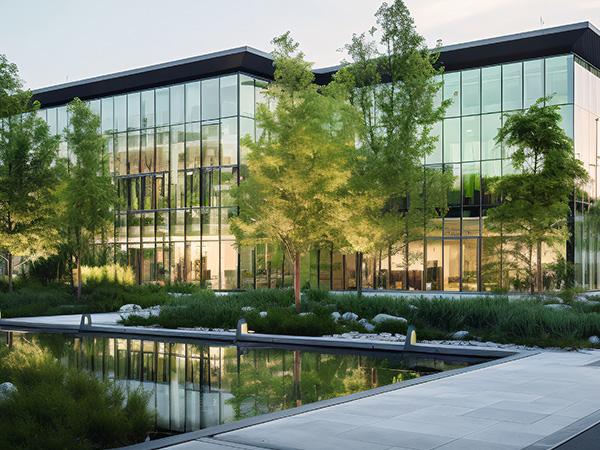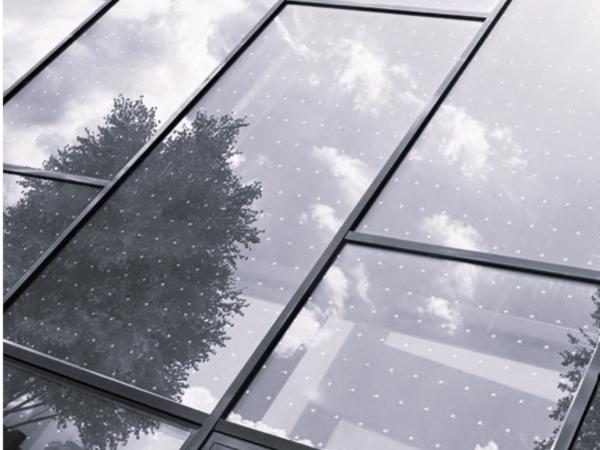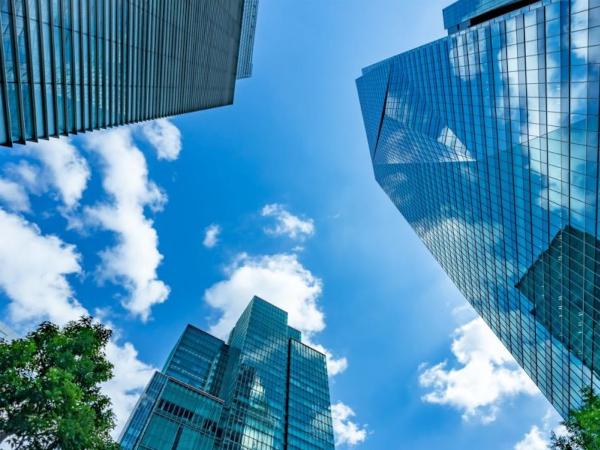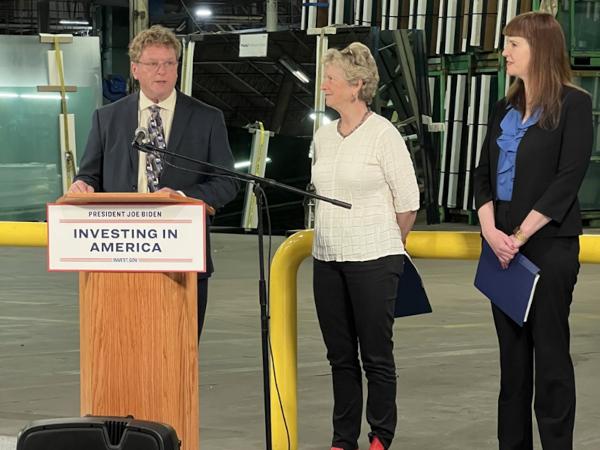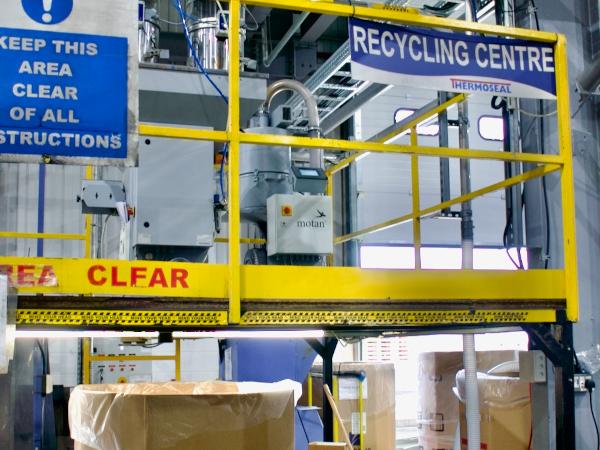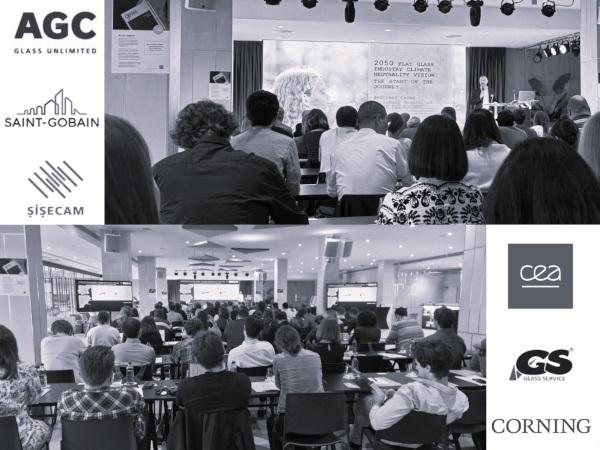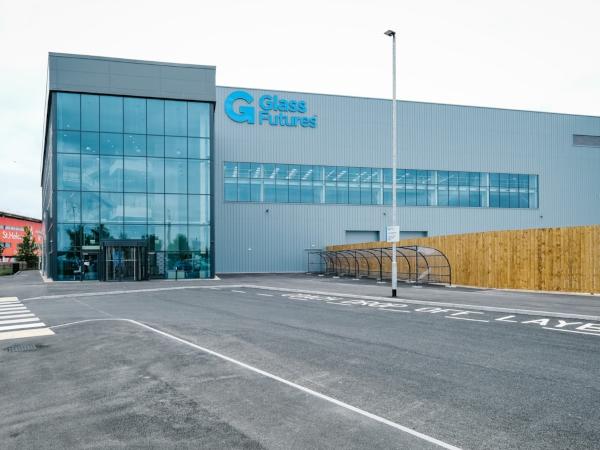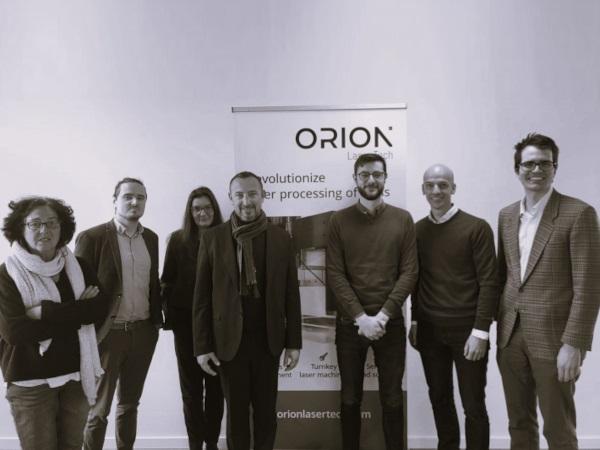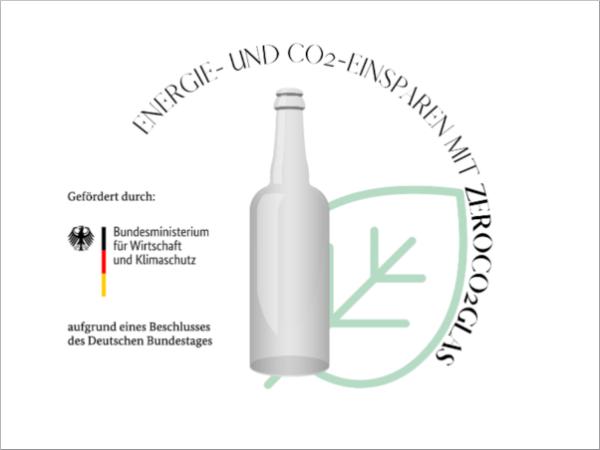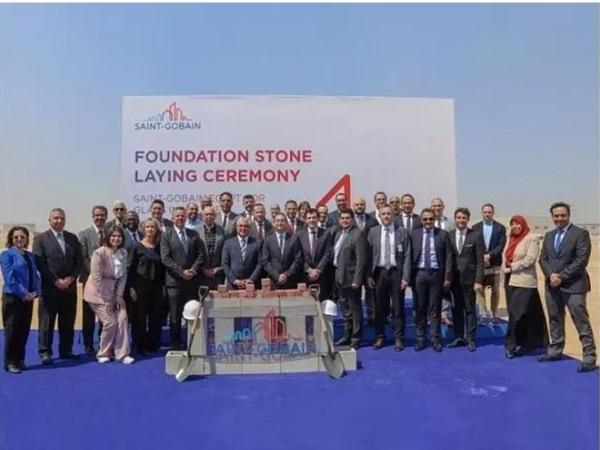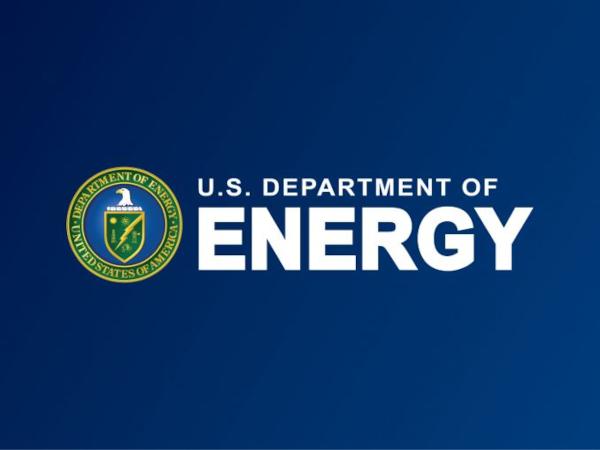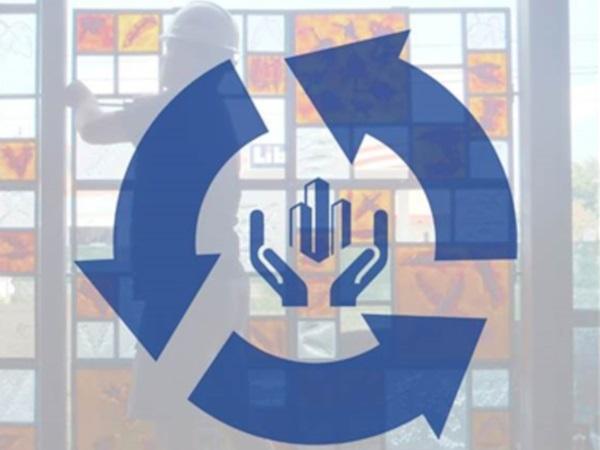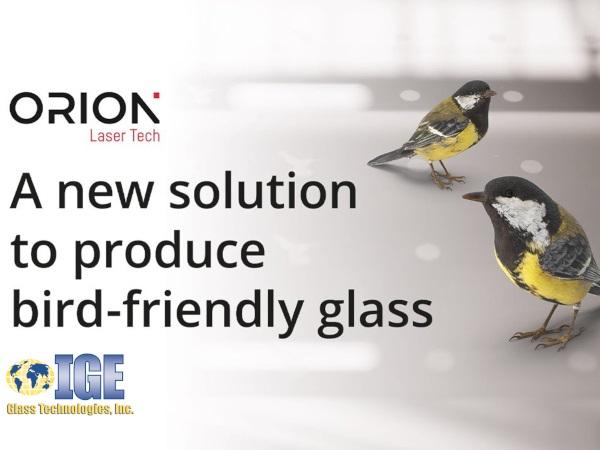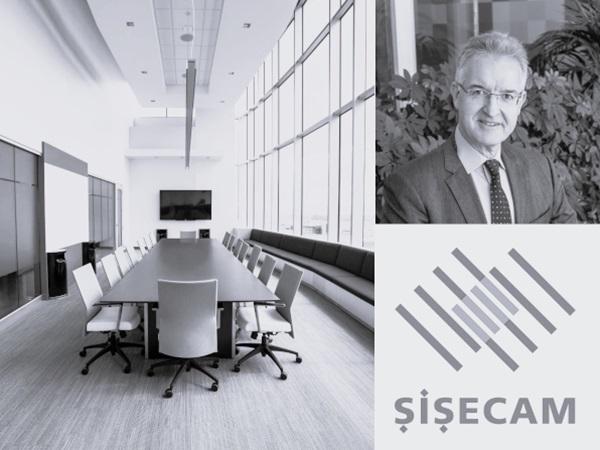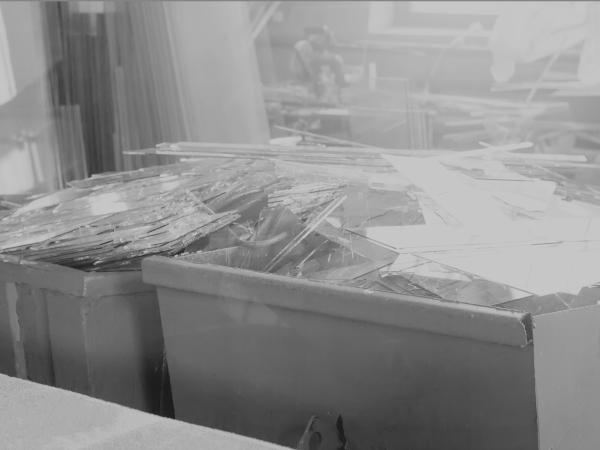Others also read
Solarban® 72 Starphire® Glass Helps Amazon Meet their HQ2’s Daylighting Goals in Arlington, Virginia
A pair of gleaming glass-clad towers, Amazon’s second headquarters are not only reshaping the Arlington skyline, but also generously contributing to the neighborhood with its open-to-the-public ground-floor lobbies and adjacent Metropolitan Park…
Machines from cericom produce bird-friendly as well as anti-slip building components
POLFLAM has received an Environmental Product Declaration (EPD) for their monolithic fire-resistant glass product range in fire resistance ratings EI and EW!
CO2 emissions well below the industry average
Transparent data and third-party verification pave the way for a greener future.
In its new informative paper, Glass for Europe introduces the issue of bird collisions with glass surfaces and the wide range of technologies developed by the flat glass industry to prevent them and preserve biodiversity.
Deceuninck has installed 2,200 solar panels onto the roof of its Calne manufacturing facility, generating a total of 895,762 kWh of clean energy.
The collaboration with India's leading façade fabricator sets a global precedent to support carbon neutral silicone sealants for building façades
Vitro Architectural Glass announces new low embodied carbon projects, updates on sustainability objectives.
Thermoseal Group has invested in a new recycling plant that will reduce the amount of manufacturing waste going to landfill.
From 29 April to 3 May, Glass for Europe has attended the ICG – International Commission on Glass Spring School 2024.
An experimental glass-making facility in St Helens, Merseyside is set to pave the way for significant emission reductions in glass manufacturing with support from Siemens technology.
On 25 April, the Glass for Europe secretariat visited Orion Laser Tech to learn about their technology for bird-friendly glass production.
The most modern control technology is used in the ZeroCO2Glas test furnace. Horn software engineers create the control system with individually adapted process screens.
The Ain Sokhna float plant in Egypt will see its capacity increased with the construction of a second flat glass production line.
The workshop will take place May 16-17, 2024, at the Hyatt Pittsburgh International Hotel in Pittsburgh.
On 16 April, Glass for Europe participated in a workshop on the “Extended Producer Responsibility in the Construction Sector” organised by the Buildings Performance Institute Europe (BPIE).
Vitro Architectural Glass achieves Top 20% LEC rating with updated EPDs.
It is well known that climate change refers both to long-term natural and man’s hand shifts in temperatures and weather patterns.
Diageo's seed investment in Glass Futures' expansion highlights its commitment to new tech and partnerships for its 2030 ESG goals.
In addition to the five-part video series, Glass for Europe is thrilled to unveil a two-pager Manifesto outlining its priorities and policy recommendations for the 2024-2029 mandate of the European institutions.
Laser-engraved markings are the evolution in producing bird-friendly glass. IGE Glass Technologies and Orion bringing the advantages of laser-engraved markings to the glass and glazing space.
On 20 March 2024, Glass for Europe held its annual General Assembly in Brussels, bringing together senior executives and committee chairs from EU-based float manufacturers.
On the Global Recycling Day (18 March), Glass for Europe launched a new webpage dedicated to flat glass recycling.

